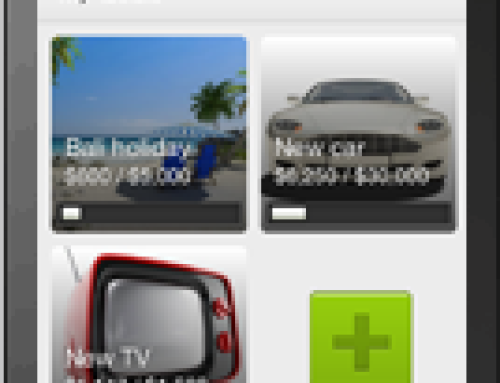 CASH FLOW – Budgeting Top 5 Tips
CASH FLOW – Budgeting Top 5 Tips
If there’s one word that is able to strike fear into some clients, it’s the ‘B’ word – budget. It doesn’t matter what stage in your financial journey you’re at, a realistic spending plan is an essential part of your financial plan. Here are 5 simple tips to help you make a start:
- Make a start and don’t lose heart. People tell me that they started with a budget, but it didn’t work and so they stopped.
When I teach my 16 year-old how to drive a car, I don’t expect that he’ll have mastered it after the first hour. It takes a lot of practice before he’s able to drive a car by himself. Likewise, when you’re budgeting, don’t expect that it will be perfect the first time. There will be changes, amendments, successes and failures. Keep going!
- Set a goal. Most people find it more difficult to save unless they have a purpose or a reason in mind. If you’re saving for the deposit on your first home, this is your goal. If you’re retired, you goal might be to maximize your spending up to a certain limit. Whatever your reason, remind yourself regularly ‘why’ you’re doing it.
- Track it. A lot of your regular bills are easy to track, but the smaller items can be harder to remember. If you’re tech savvy, you might like to use a smart phone app to record what you spend. A simple expense diary is a low-tech but very effective method of recording expenses.
- Now that you’ve gone to the trouble of tracking your expenses, make the most of the information by reviewing it and decide which, if any, changes can be made. For example, people who spend $4 on a coffee on the way to work, will spend nearly $1,000 over a year. Is this more important than your goal?
- Keep it up. Once you’ve become familiar with your expenses, you might be tempted to consider it mission accomplished, and stop tracking your expenditure.

